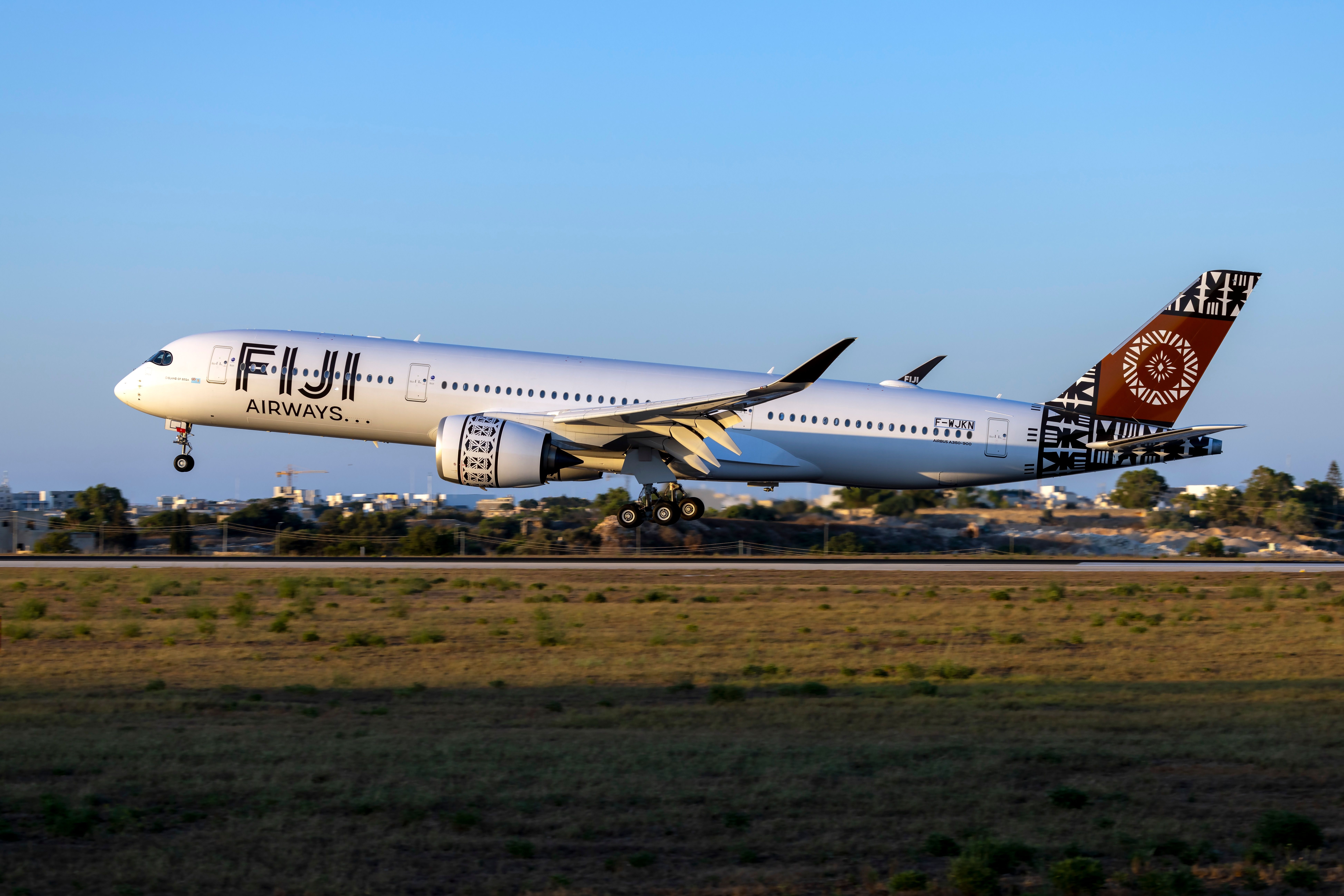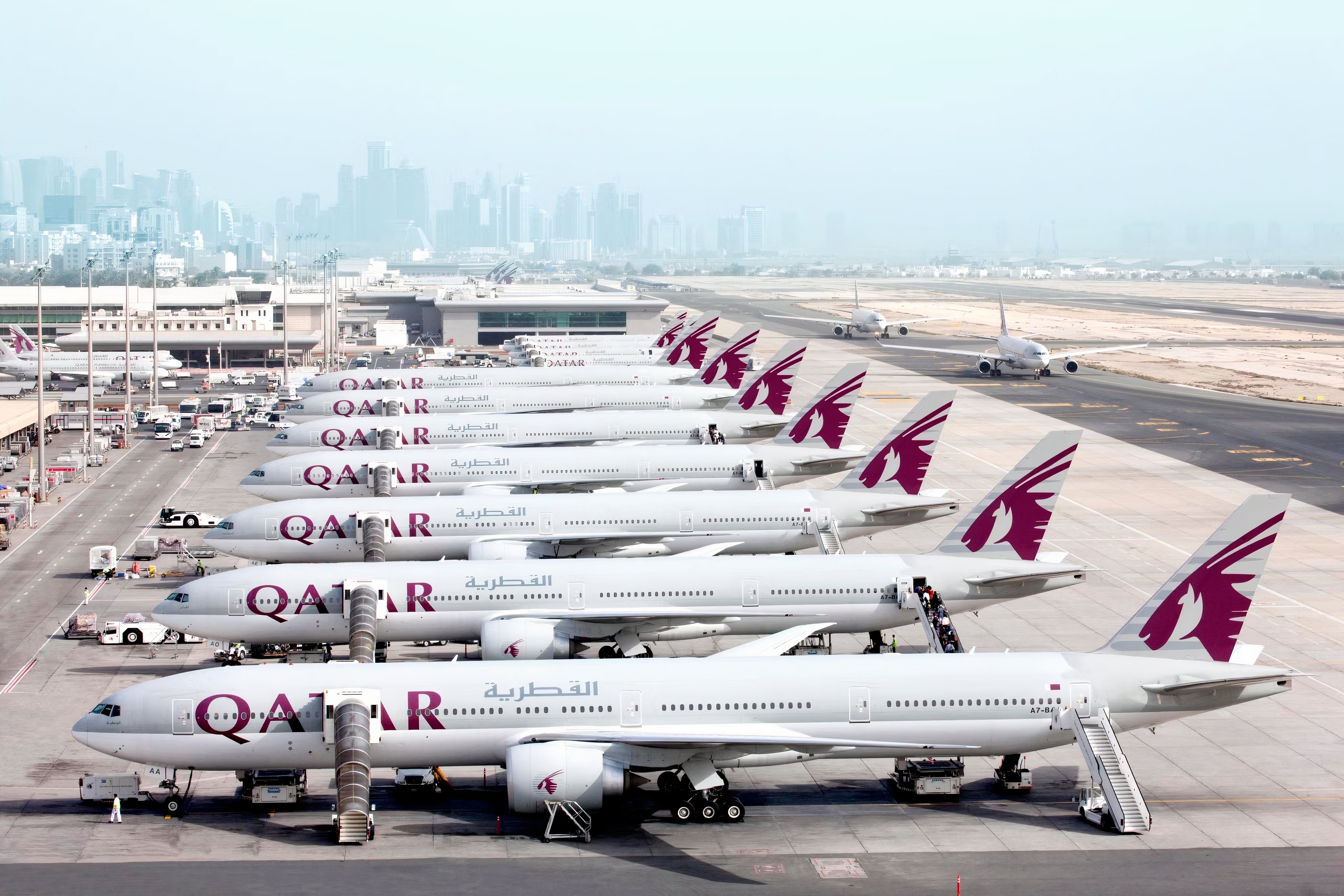If you thought you had to get out of the city to see the night sky in all its splendour, think again. A Sydney beach has just become the first officially recognised city-based stargazing zone in the Southern Hemisphere. Located on the Northern Beaches, Palm Beach Headland has been designated as an Urban Night Sky Place (UNSP) by DarkSky International.
READ MORE: Top destinations to visit in Europe, ranked by affordability, beaches and weather There are only nine other cities in the world with a UNSP, which are celebrated for actively protecting natural night-time environments from light pollution. The local Northern Beaches Council worked with experts to come up with a lighting management plan that would ensure the headland protects local flora and fauna, while still keeping public safety front of mind. The plan enhances opportunities for people to enjoy the natural nighttime environment, and better viewing of the night sky.

The nocturnal wildlife of Palm Beach Headland includes bentwing bats, flying foxes, long-nosed bandicoots, possums and squirrel gliders. READ MORE: Your guide to a budget-friendly snow holiday Dark Sky Places are protected areas of land around the world. There are now over 160,000 square kilometres of protected land and night skies in 22 countries on 6 continents, and the list grows every year as new places achieve certification.
Warrumbungle National Park near Coonabarabran in central western NSW was named Australia's first Dark Sky Park back in 2016. READ MORE: How planning your overseas trip can actually make you money Palm Beach is a popular spot for tourists to Sydney, who visit the beach for its lighthouse walk and to see the beach where Home and Away is filmed. "Light pollution is an often-overlooked threat to our ecosystems and environment," says Dr Emrah Baki Ulas from the Sydney School of Architecture, Design and Planning, who spearheaded the project.
"It also has energy waste implications, it can become an issue of nuisance, it affects health and wellbeing of urban dwellers, makes space observation challenging, and also is a loss for humanity to lose connection with the night sky.".



















